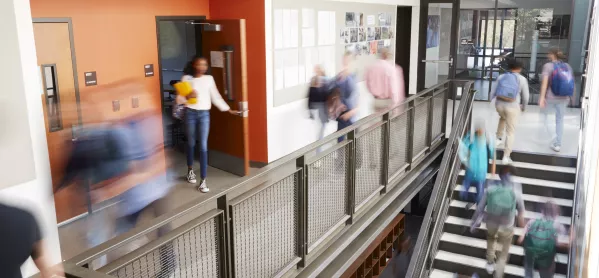Growth in multi-academy trusts (MATs) has been stifled by the Covid-19 pandemic, a new report reveals.
As at December 2020, there were 9,399 academies, an increase from 8,721 the year before, according to the ninth annual Kreston Academies Benchmark Report.
But this amounts to a rise of just 7.8 per cent, down from 10.8 per cent in 2019.
The report states: “The slowdown is not unexpected under Covid conditions as trusts have focused on operational matters, resulting in the delay of strategic decisions.”
Academies: DfE to give MATs ‘rapid feedback’ on their spending
News: Save by not paying staff for six weeks a year, says DfE
Related: Depth of school funding crisis revealed
Despite the slowdown, the report reveals “a positive financial picture” for MATs, with the number of trusts showing a cumulative deficit position falling to 5 per cent in 2020, down from 8 per cent in 2019.
Academy trust savings ‘mask coronavirus costs’
Additional savings have been generated by schools being closed for the long periods during the pandemic, allowing schools to stack up “significant surpluses”, it says.
In secondary schools, the average in-year surplus has increased by around £130,000 to £143,761, while in primary schools, surpluses have doubled from an average £12,000 to £25,000, says the report.
However Pam Tuckett, chair of Kreston International’s academies group, said cost savings “masked” the added costs of dealing with the pandemic.
“On the face of it, the report suggests the financial picture for the sector is relatively strong, as school closures have cut many of the costs traditionally associated with running a school, such as staffing, heating and lighting classrooms that would typically be full of pupils,” she said.
“However, this masks the budgetary pressures relating to the increased cost of deep cleaning and the heavy investment that is being made in technology to limit the impact of disruptions to pupils’ education. The findings show that the impact of the pandemic will be felt for many years to come.”
Leora Cruddas, chief executive of the Confederation of School Trusts, echoed this view, saying: “Although the financial picture is reported to be relatively strong, the impact of Covid-related costs cannot be assessed in a single financial year.”
The report includes data from 300 trusts representing 1,400 schools and covers the 2019-20 academic year.
